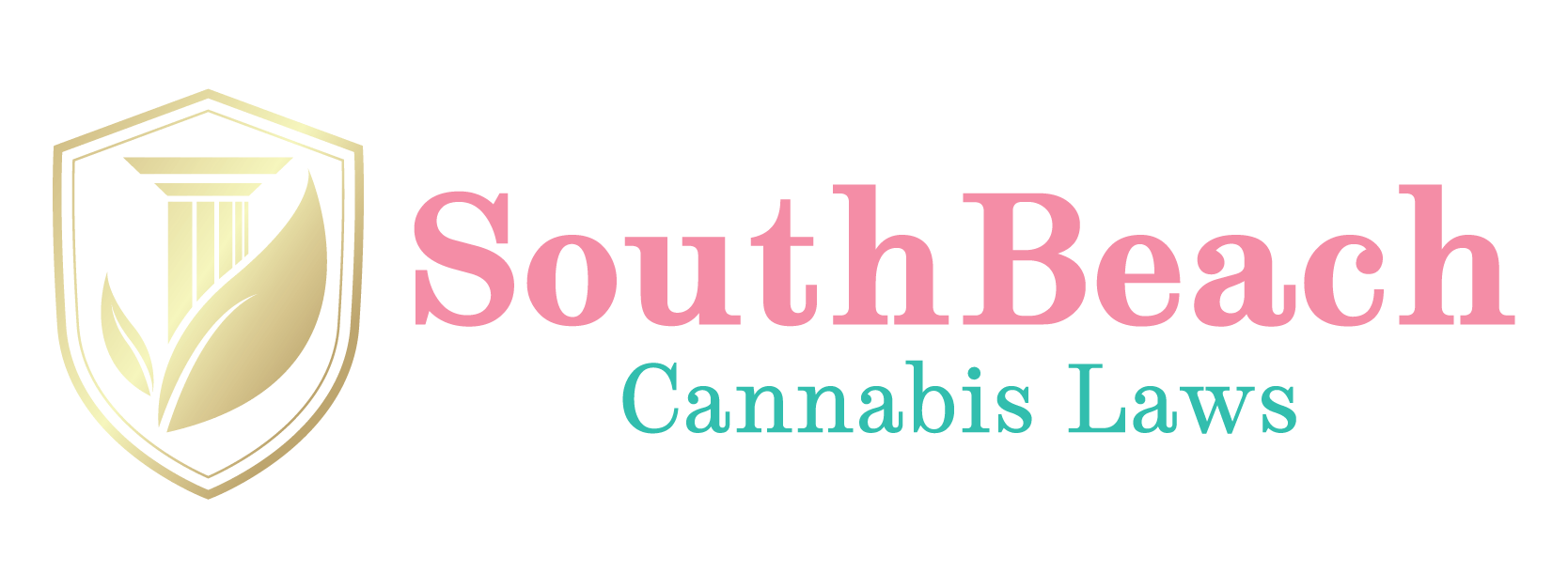Florida lawmakers approved Senate Bill 2514 (SB 2514), a wide-ranging health and human services package that updates rules for medical-marijuana patients, invests in major research initiatives, and strengthens oversight in long-term-care facilities. The measure passed unanimously in both chambers and becomes effective July 1, 2025.
Broad Health-Sector Updates
The new law touches several areas of Florida’s health-care system, beginning with an expansion of the Florida Dental Student Loan Repayment Program. Under previous rules, dental and dental-hygiene graduates had to begin working in eligible public health or private-practice settings before applying. SB 2514 now lets students with confirmed employment offers apply in advance, a change aimed at improving access to dental care in underserved communities.
The bill also channels major investments toward cancer and vision research. It creates the Cancer Connect Collaborative, which will oversee a new five-year research incubator designed to strengthen Florida’s position in oncology innovation. Additionally, it establishes the VisionGen Initiative at the Bascom Palmer Eye Institute, focused on genetic and epigenetic research into inherited eye diseases and ocular oncology, further positioning Florida as a leader in advanced eye-health research.
Stricter Medical-Marijuana Oversight
One of SB 2514’s most discussed provisions deals with Florida’s medical marijuana registry. The law grants the Department of Health authority to revoke a patient’s or caregiver’s eligibility if they plead guilty, no contest, or are found guilty of specified controlled-substance offenses under Chapter 893 of the Florida Statutes. Supporters argue the provision reinforces program integrity. However, patient-advocacy groups say the rule may disproportionately penalize individuals who rely on medical cannabis for chronic conditions, especially those navigating complex legal situations.
Nursing Home Accountability Measures
Another significant component of the bill elevates oversight within nursing homes. The Agency for Health Care Administration is now directed to create user-friendly consumer-satisfaction surveys and conduct safety-culture reviews. Nursing home medical directors will be required to hold specialty certification by January 1, 2026, a move lawmakers say will strengthen clinical leadership in long-term care settings. Additional reporting requirements and inspection-based updates aim to increase transparency for residents and families.
Clear Legislative Support
SB 2514 moved quickly through the legislature, passing the Senate 37-0 and the House 111-0. Lawmakers from both parties emphasized that the bill uses targeted appropriations to modernize several critical areas of Florida’s health-care infrastructure. The measure was signed into law and codified as Chapter 2025-204.
Impact for Floridians
Residents can expect several tangible effects:
- Dental-care access may improve as more graduates qualify earlier for loan-repayment incentives.
- Cancer and vision-disease research centers will see expanded grant opportunities.
- Medical-marijuana patients may face stricter eligibility rules tied to controlled-substance convictions.
- Nursing homes will navigate increased scrutiny, stronger reporting requirements, and a push for improved clinical standards.
What Comes Next
While SB 2514 becomes effective mid-2025, some provisions—including medical-director certification—will continue rolling out into 2026. The effectiveness of the Cancer Connect Collaborative, the implementation of the VisionGen Initiative, and how the state enforces the updated medical marijuana rules will be key areas to watch.
Overall, SB 2514 signals Florida’s intent to modernize its health-care landscape through targeted reforms that touch dentistry, elder care, medical cannabis, and cutting-edge research. Stakeholders across the state—from providers to patients—are preparing for the changes ahead.
